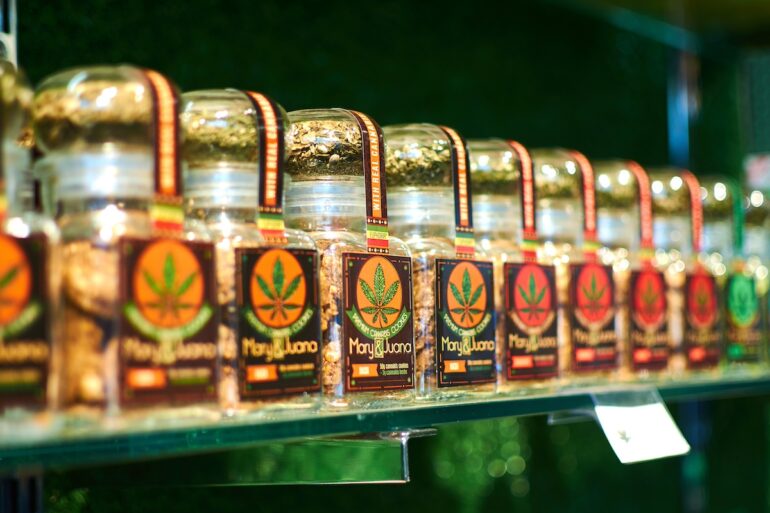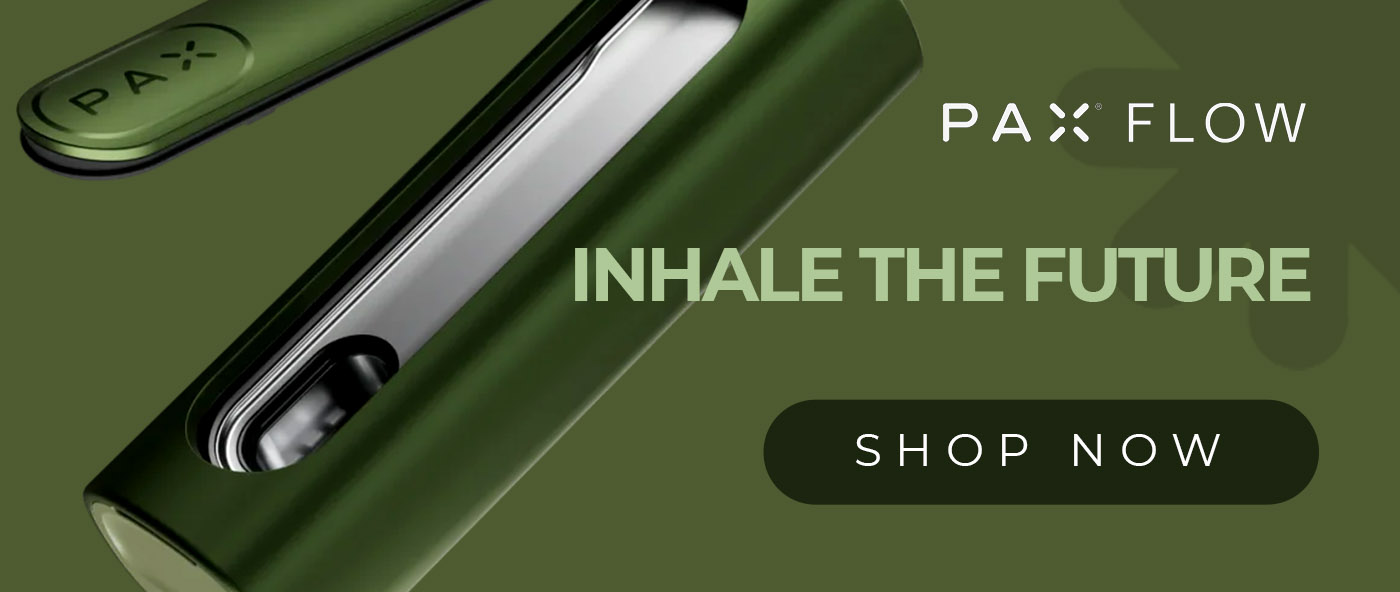Delta-8 THC is not legal in Mississippi, but there are problems with enforcement and it is sold by some hemp stores in the state.
Unlike in most states, Mississippi never actually funded its hemp program, which was created following the 2018 Farm Bill, and so any growers in the state have to apply through the US Department of Agriculture (USDA) instead. This all means that to the extent that hemp products are legal in the state at all, there is little regulation on products and state law is generally a little unclear.
Here’s what you need to know about the situation for delta-8 THC in Mississippi.
Is Delta-8 THC Legal to Sell in Mississippi?
Delta-8 THC is technically not legal to sell in Mississippi, but there are still stores selling it in-state.
Mississippi passed Senate Bill (SB) 2725 in 2020, and this bill used the same definition of “hemp” as the 2018 Farm Bill (Section 2(g)). This is widely considered to include delta-8 THC in its definition as a derivative of hemp, and so if this was exempted from the Mississippi controlled substances list, delta-8 THC would be legal in the state. However, the exemptions to the controlled substances list aren’t as straightforward as in other states and this causes a problem for delta-8 THC.
Although there is an exemption to the controlled substances bill for “hemp” (for marijuana and THC – sections 41-29-113(d)(23)(A) and (31)(C)(v)), for products intended for human consumption, the exemption is only for FDA-approved products (section 41-29-113(d)(31)(C)(vi)). Of course, no delta-8 THC products are (or likely would be) approved by the FDA.
This all means that delta-8 THC is illegal in Mississippi. However, there are complications to this that make enforcement challenging for police officers in some cases, and the law itself unclear in others.
RELATED: Where Is Delta-8 THC Legal? A State-by-State Guide
The Strange Situation for Hemp in Mississippi
The legal situation for hemp in Mississippi overall is a little confusing because of a few factors: no funding for the state hemp program, ambiguity in the law as written and challenges for enforcement of controlled substance laws.
Firstly, SB 2725 didn’t actually fund the hemp program, and so the only way to grow hemp in Mississippi at present is to apply through the USDA. This means that the Mississippi Department of Agriculture & Commerce doesn’t really do anything when it comes to hemp and this may affect the interpretation of state law.
Secondly, the exemptions to the controlled substances bill are not completely clear. For THC, the exemption (section 41-29-113(d)(31)(C)(v)) reads, “Hemp as regulated under Sections 1 through 11 of this act” (emphasis added). This replaces a section added in the 2014 bill that made CBD oil legal in the state (House Bill [HB] 1231) by exempting high-concentration CBD oil from the list (later with a firm THC cap).
However, because there isn’t really a hemp program in Mississippi, in practice, nothing is regulated under the act and it is debatable whether the new exemption actually covers anything. As mentioned above, the more specific exemption for products intended for human consumption only mentions FDA-approved products. So this would mean that any hemp product intended for human consumption – including CBD oil – is technically illegal, unless it contains absolutely no THC.
This doesn’t appear to be a concern for enforcement. For instance, an action in Hancock County in March 2023 seems to have been purely concerned with products with above 0.3% THC. CBD stores in the state abiding by the 2018 Farm Bill appear to operate without issues.
Finally, enforcement is more difficult in the state because of the concept of a “dosage unit” in state law (section § 41-29-139(c)). Police officers say that people cannot be charged if they have less than a dosage unit of a controlled substance. This means that many vape pens – for example – containing delta-8 THC can’t technically be treated as a controlled substance, unless they have more than 1 ml of liquid.
This would be confusing enough, but delta-8 THC edibles also appear to be openly sold in the state too.
Can You Buy Delta-8 THC in Mississippi?
Yes, but not legally. Despite state law apparently banning delta-8 THC products unless they’re approved by the FDA, products are still openly sold by hemp stores in the state.
Are There Age Restrictions on Delta-8 THC Products?
No. Delta-8 THC is technically not allowed to be sold in the state, but this means there are no specific rules around delta-8 THC and the only age limits are those imposed by the stores themselves.
Closing Thoughts: The Future for Delta-8 in Mississippi
The situation for delta-8 THC in Mississippi is unlikely to change, but the 2023 Farm Bill may add clarity where it is currently lacking.
2023 was the first year of medical marijuana sales in Mississippi, after a long fight to provide patients with legal access to medical marijuana. There is still no hemp program in the state, and aside from enforcement actions, there appears to be little discussion of the subject among politicians and there are currently no relevant pending bills.
The 2023 Farm Bill is likely to attempt to clean up some of the mess created by the 2018 bill, and this may have a practical impact in Mississippi. For example, if the bill explicitly bans delta-8 THC, it may remove a perceived “grey area” and help encourage enforcement against non-compliant hemp products. However, since there is already a ban in Mississippi, the legal changes will likely be non-existent.

